So, what is ‘nationalism’? Here’s what Tagore, Einstein, Orwell, etc, had to say
12 quotes on nationalism that are bound to make you think about which side of the 'anti-nationalism' debate are you on.
February 22, 2016 18:42 IST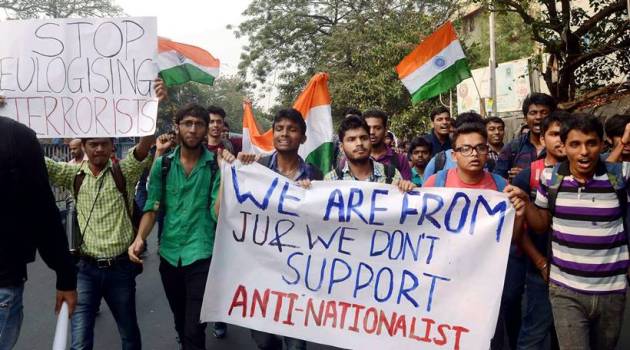 1 / 14
1 / 14As the words 'anti-national' and 'anti-nationalism' take centre stage in Indian politics and society, and different groups leave no stone unturned in making continuous edits and additions to what anti-nationalism in today's charged socio-political environment is, it seems like a good time to try and understand what its root word — the term 'nationalism' — stands for. According to Oxforddictionaries.com, Nationalism is "1. Patriotic feeling, principles, or efforts; 1.1. An extreme form of patriotism marked by a feeling of superiority over other countries; 1.2. Advocacy of political independence for a particular country." (Source: PTI)
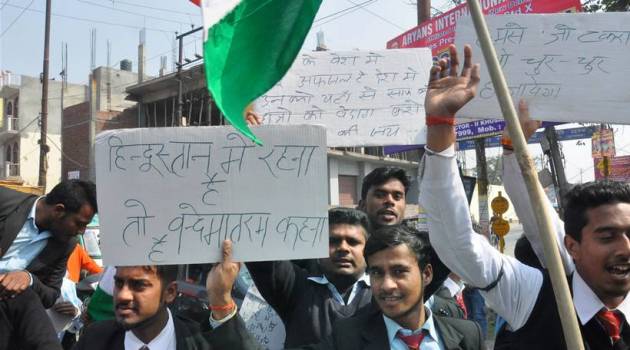 2 / 14
2 / 14But definitions rarely make for quotable quotes, neither do they mobilise the crowds. It's the interpretations and the interpretors that matter. India is not the first country to debate on (anti-)nationalism and patriotism, and neither will it be the last. Over the decades, the world's most erudite thinkers and influencers have been moved and riled by cries of nationalist ideals and love for the nation. Here's how they, in all their sagaciousness, looked at 'nationalism'. (Source: PTI)
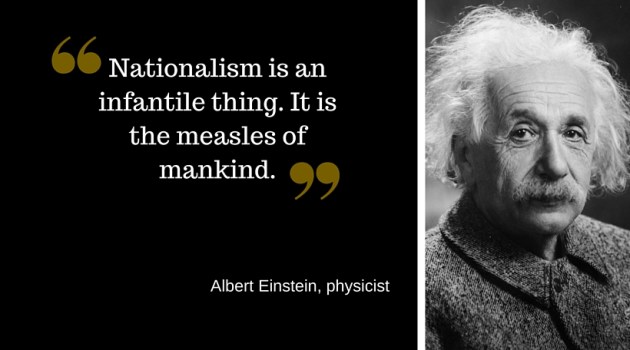 3 / 14
3 / 14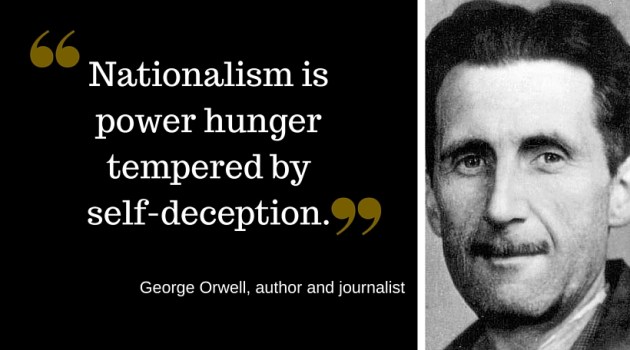 4 / 14
4 / 14Read his essay Notes on Nationalism here
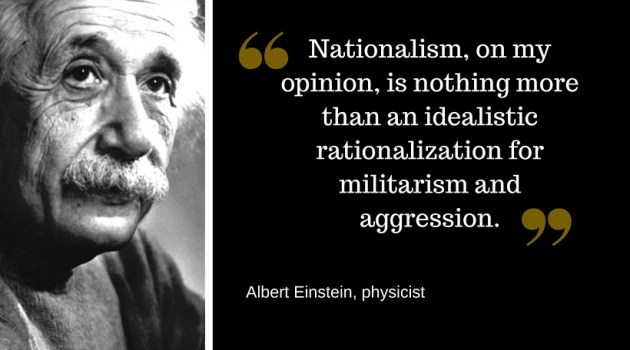 5 / 14
5 / 14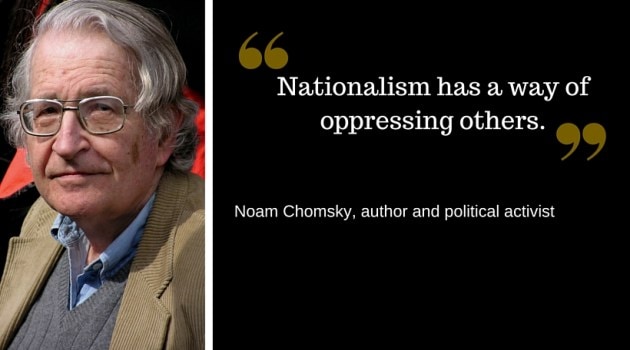 6 / 14
6 / 14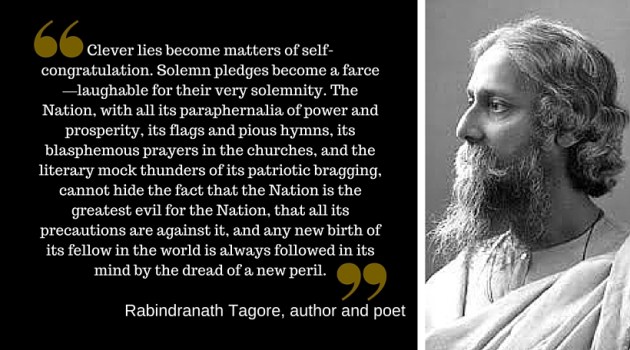 7 / 14
7 / 14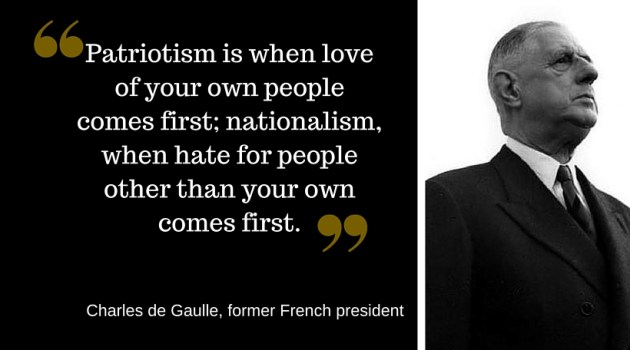 8 / 14
8 / 14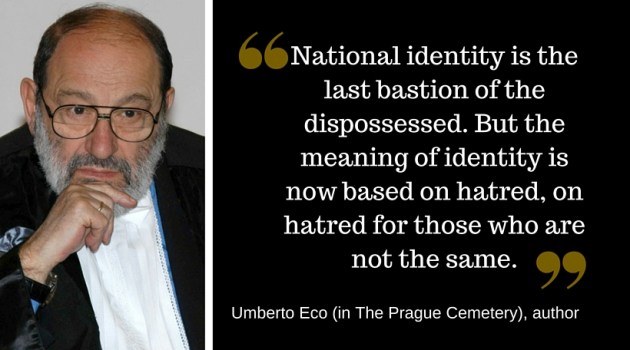 9 / 14
9 / 14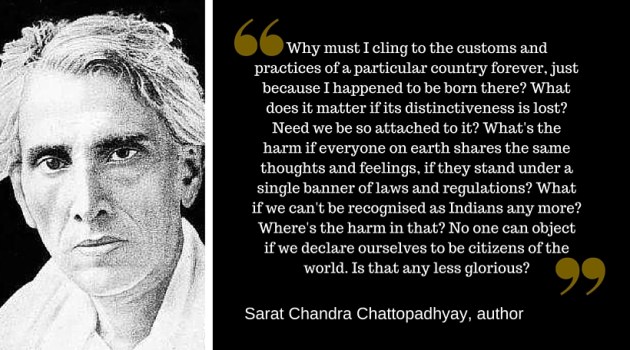 10 / 14
10 / 14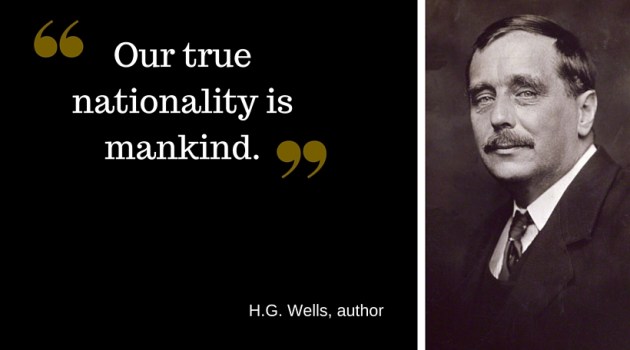 11 / 14
11 / 14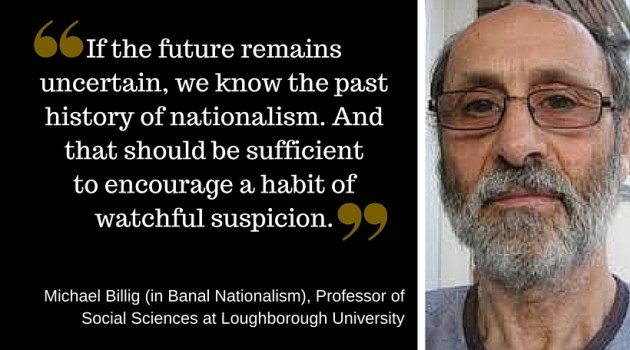 12 / 14
12 / 14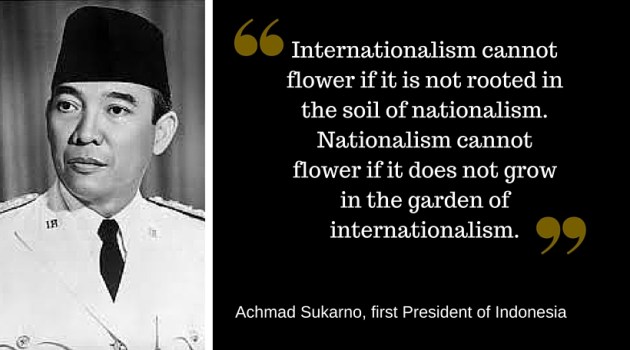 13 / 14
13 / 14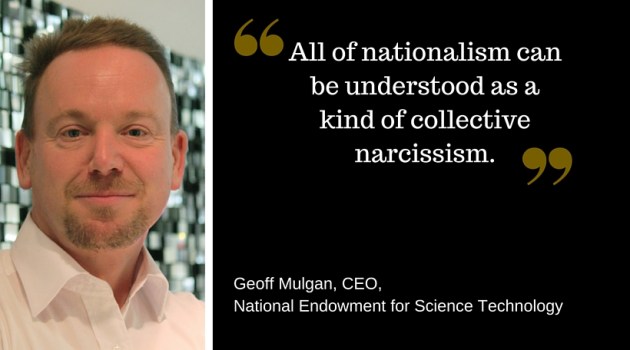 14 / 14
14 / 14











